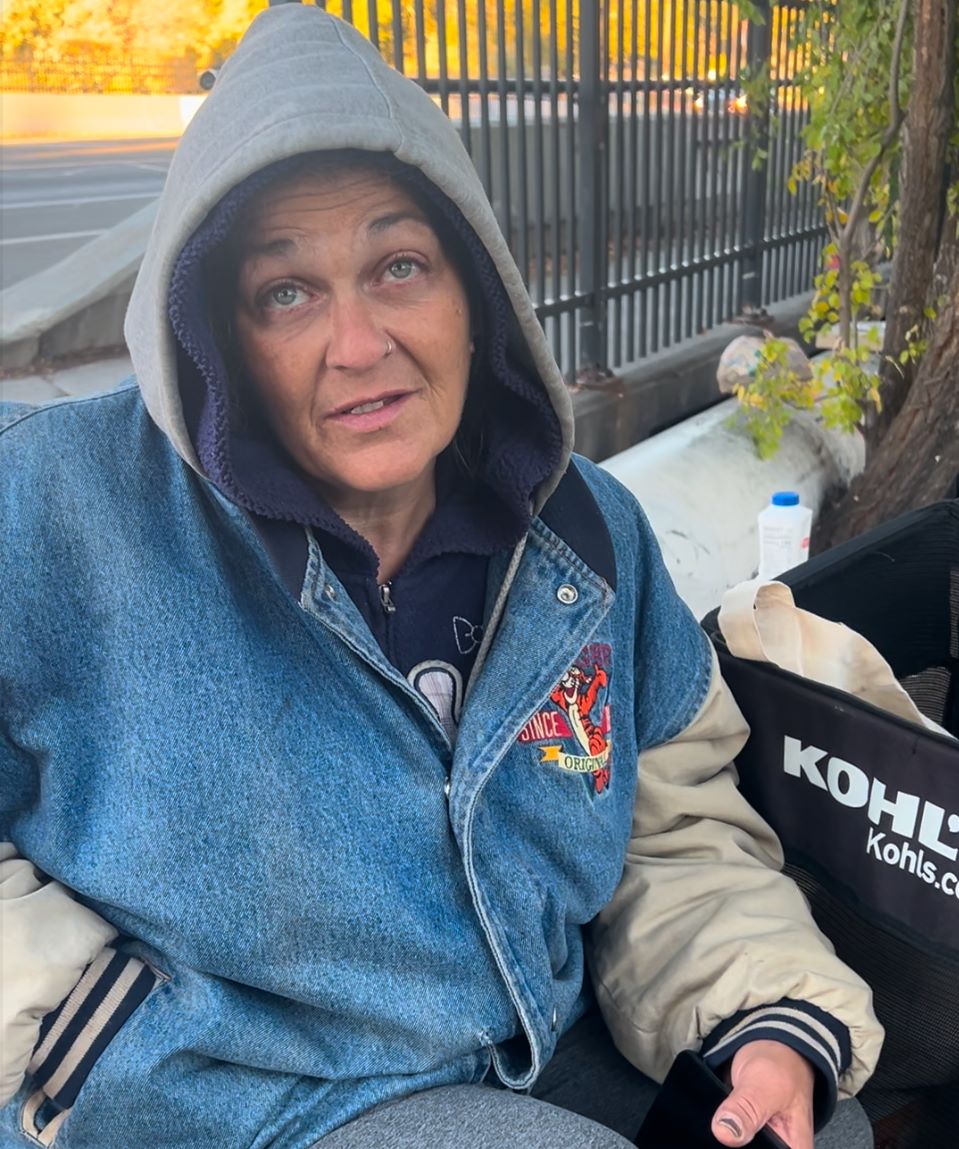Warm weather has arrived in the Wasatch Front, signaling the imminent arrival of spring as the equinox approaches, according to ABC4. The blooming cherry blossoms on Salt Lake City’s Capitol Hill mark the changing seasons, but the timing of Utah’s Yoshino trees’ full blossoming is uncertain, depending on the weather. Cherry blossoms’ bloom timeline is sensitive to temperature, with warmer weather advancing bloom and cooler temperatures delaying it. Signs of peak bloom include green buds, swelling buds with visible florets, and fluffy white florets opening, with 70% open marking peak bloom. The bloom period lasts 4-10 days, affected by weather conditions. Favorable weather forecasts suggest a promising outlook for Utah’s cherry blossoms, with warmer temperatures expected before a potential cold front next weekend.
Residents living near the Heber Valley wastewater lagoons are concerned about the foul odors emitted annually during spring, according to KSL. The odor has worsened over the years, affecting nearby residents’ health, mental well-being, and quality of life. A study commissioned by the Utah Department of Health and Human Services is underway to assess air quality in the area. The Heber Valley Special Service District plans to apply for industrial and agricultural protection areas to shield itself from legal action due to odor nuisances. New management aims to address odor issues through various projects, including repairing the aeration system and dredging sludge, but significant challenges remain. Residents support these efforts, hoping for improvements in the long term.
The investor owners of low-income apartment buildings in Salt Lake City’s Central City neighborhood are facing scrutiny after reports of deteriorating conditions, according to Building Salt Lake. The buildings, known as Pauline Downs, have fallen out of compliance with the Utah Housing Corporation, which issues tax credits for affordable housing. Recent videos and images reveal issues such as vandalism, drug use, and unsanitary conditions. The ownership group, including investors Cory Waddoups, Cameron Lee, and Crawford Cragun, is attempting to address the problems and find a buyer for the properties. Waddoups attributes the issues to homeless individuals, while acknowledging the need for improvement. Measures such as hiring armed security and frequent cleaning are being implemented, but challenges persist. Similar problems in other low-income housing developments highlight broader issues in the area, prompting increased security measures.
Elleigh Marie Francom, a cosmetologist from American Fork, Utah, auditioned for “American Idol” at 16 but didn’t make it past the preliminary round, according to the Deseret News. Four years later, encouraged by a casting producer, she auditioned again and had a much better outcome. Her emotional audition in Los Angeles, where she sang Bonnie Raitt’s “I Can’t Make You Love Me,” impressed the judges. Katy Perry, Lionel Richie, and Luke Bryan praised her performance, with Bryan predicting she would be a top contender. Francom’s family joined her in the room, and she advanced to the Hollywood round. Francom’s journey showcases perseverance and the importance of seizing opportunities.
Jennifer Hepworth and her husband faced a steep increase in their daughter’s cystic fibrosis medication cost due to changes in their health insurance plan’s copay accumulator program, according to the Salt Lake Tribune. This program stopped counting financial assistance from drugmakers toward the family’s deductible, leading to unexpected out-of-pocket expenses. Despite the financial strain, they continued the treatment to support their daughter’s health. Such copay accumulator programs are saving employers a significant amount but face criticism from patient advocacy groups and legal challenges. Legislation has been proposed to require financial assistance to count toward deductibles, but changes are slow to come. Insurers defend these programs as necessary for keeping premiums affordable, while critics argue they can lead to patients skipping medications due to increased costs. A recent court decision favored patient advocacy groups, but implementation may take time. Additionally, another type of program, called a “maximizer,” exploits loopholes in Affordable Care Act rules to maximize insurer profits, further complicating the landscape for patients and employers alike.
*Content for this article curated from other sources.






